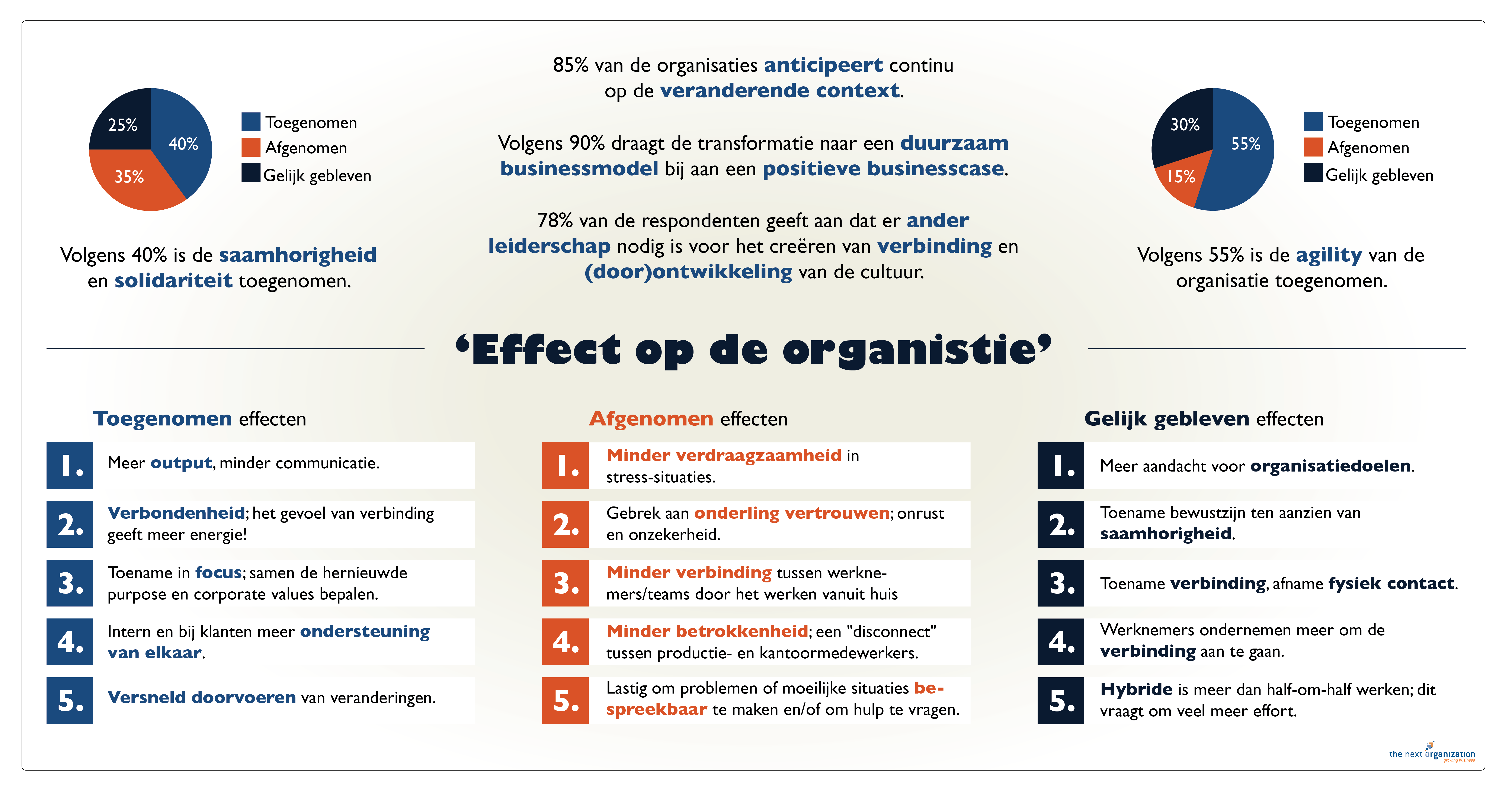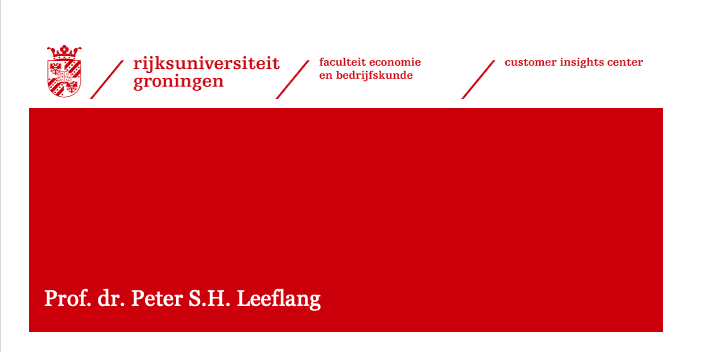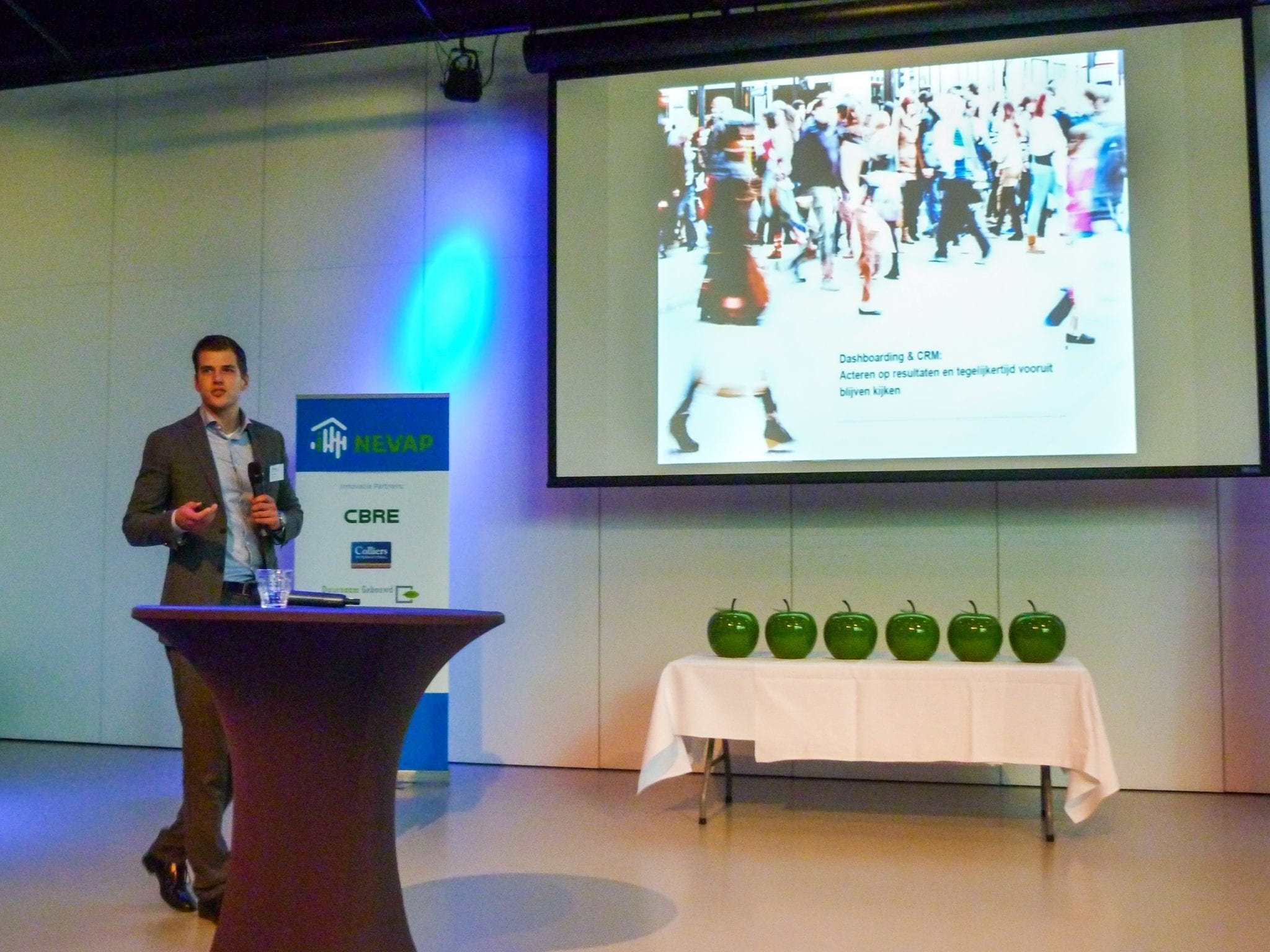Results of the Future Talks poll summer edition 2021
In the run-up to the summer, a group of our c-level participants in Future Talks answered the following questions:
As a result of the many movements in the world during the last Corona period, have there been any significant changes in the cohesiveness and solidarity of society?
Has the Corona crisis contributed to the transformation to more sustainable business models, has the organisation's agility and resilience increased or decreased? Is different leadership required?
What are the effects on the organisation and how do organisations deal with them?
The answers show a number of striking results: there is clearly a breakthrough with regard to transformation to sustainable business models and there is a clear need for new leadership. No fewer than 90% of the respondents indicated that transformation to a sustainable business model contributes to a positive business case. And 78% of the respondents indicated that other leadership is needed to connect and develop the culture of the organisation.

Opinions are evenly divided as to whether togetherness and solidarity have increased or decreased
The respondents' answers show that changes have taken place with regard to togetherness and solidarity. However, a number of respondents believe that togetherness and solidarity have increased, while almost the same number believe that this has decreased or remained the same. Opinions are clearly divided on this.
Effect of increase in togetherness and solidarity in society
Respondents who believe they see an increase in togetherness and solidarity are of the opinion that this results in more focus on what is important. Renewing the purpose of the organisation together and thus also re-evaluating the values of the organisation. Because of the crisis, they see both internally and with customers that they look for more support from each other and they see how employees take initiative themselves. This creates more solidarity. This gives the organisation more energy. The stronger connection further improves cooperation, which, with less communication effort, results in cohesion and more output.
Effect of decline in togetherness and solidarity in society
Respondents who observe a decrease in solidarity and togetherness, observe that in the past period working from home became the norm and that people only met each other digitally as colleagues. Working from home and the lack of physical contact not only resulted in less connection, but also in less involvement. When there is a distinction between office and production employees within an organisation, respondents see an even greater gap between these employees than before the start of working from home. Lack of connection and involvement leads to less mutual trust, which makes it more difficult to discuss problems or difficult situations or to ask for help. This creates unrest and uncertainty, and it can even turn into reduced tolerance of each other in stressful situations.
Effect of remaining unchanged togetherness and solidarity in society
Some respondents see both an increase and a decrease in togetherness and solidarity: on the one hand, they see a decrease in physical contact, but on the other hand, they see that colleagues themselves are taking much more initiative and action to connect. There is more attention for the goals and purpose of the organisation, although it is recognised that this requires a lot of energy and effort from employees.
Actively bringing the changing context into the organisation
Here, the respondents agree that it is essential for organisations to continuously anticipate the changing context, although the question remains how best to do this. It is important to put energy into making connections, both physical and digital, and with the entire ecosystem. Think in terms of networks and how you can gain synergy from them. Different ways were discussed during our Future Talks calls. The use of new techniques, methods and practices were discussed. For example:
- The continuous innovation methodology. This methodology creates a structure that assesses both new and existing initiatives in a fixed rhythm, and prioritises and resourcing them.
- Working with future scenarios and continuously adjusting them to the changing context.
- Developing targeted approaches to keep employees agile and resilient so that they can deal flexibly with change.
- Listening carefully to the needs of the employees and paying attention to what they want to hear, see and do.
- Setting the right example by the leadership, which includes:
- Encourage new initiatives and take them up yourself
- Bringing different groups of employees into contact with each other
- Changing project occupancies
- Open and transparent communication
No less than 90% of the respondents see that transformation to a sustainable business model contributes to a positive business case
Respondents indicated that the changes in the context are also forcing many organisations to transform. This is not just about safeguarding profits, but increasingly about creating true sustainability and the organisations' contribution to this. The transformation to a sustainable business model must be accompanied by a positive business case. How can sustainability and a business model focused on sustainability simultaneously contribute to a positive business case?
Transformation to a sustainable business model
In order to focus the business model more on sustainability, a large number of developments must be taken into account: social developments, technology developments, as well as human developments in the market must be considered. The organisation must continuously adapt its propositions to the needs of the market, consumers, partners and other stakeholders.
Through back-casting, create a long-term vision with a view to long-term goals and shape it with targeted smaller and shorter-term steps and best practices, which can gradually shape this long-term vision.
Contribution of a sustainable business model to a positive business case
For many organisations, it seems difficult to become sustainable quickly, as it often does not immediately result in a positive business case. Sustainability often has a longer payback period, but does deliver its added value in the long term. It seems of great importance to pay much attention to the method of calculation, both for the organisation itself and for stakeholders, in order to include them in the validation compared to the regular business case. As standard, organisations do not yet include the social and climate impacts in the financial calculation of the business case, let alone that these are valued in the cycle of the business case assessment. In conclusion, a must for a positive business case is that all three Ps (People, Planet & Profit) are valued and included in the business case.
Manoeuvrability and resilience have increased in more than half of organisations
A new 'resilience balance' appears to have been created: we have gained on digitalisation, but lost on relationships and connectedness. Both process design and the way of thinking and working are becoming more and more 'agile'. Participants of the Future Talks calls are constantly thinking about what could be done better, devising and implementing small steps, and checking what works and where possible subsequent bottlenecks may occur. It is becoming even more important to work in a very goal-oriented way, to formulate the objectives very sharply and to provide people with the right support, even at a distance. This involves good agreements on how we work, cross-functional teams, more focus on process, more acceptance of changing roles and more flexibility in where, when and how we work.
78% of the respondents indicate that different leadership is needed for connection and development of the culture
Leadership has never been so important. Not only for the organisation as a whole, but also to lead individual employees through the crisis. Business but also emotional support, recognition and appreciation have become more important than ever. Partly for this reason, the Future Talks participants expect that in the future different leadership will be needed than before the crisis. What do people look for in a good leader in these times? What do they see as the most important factors for success and what skills and competences do they expect from the new leader?
Key factors for success
- Providing flexibility
- Setting clear frameworks
- Setting an example and being an example
- Showing personal interest
- Creating a safe environment where employees feel at home
- Achieving goals together
- Celebrating successes
Important skills & competences
- Emphatic power
- Authenticity
- Vulnerability
- Commitment and connectedness
- Readiness to change
This article is based on the poll results among members of the platform Future Talksas well as on the calls made to the participants in recent months.
Future Talks is an initiative of Consultive Leadership Services & The Next Organisation.
If you have any questions regarding this article or if you would like to discuss the effect of the changing context on (your own) organisation(s) with us and/or with peers, please contact us!




